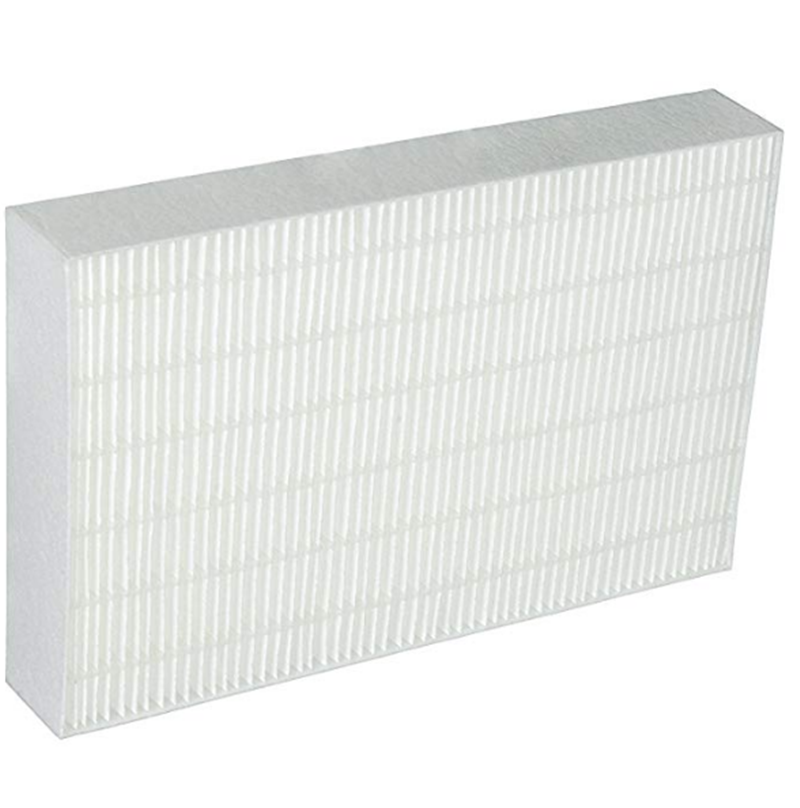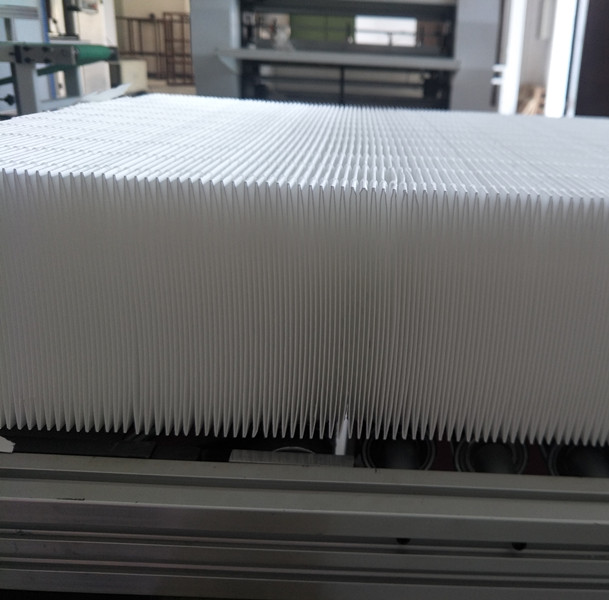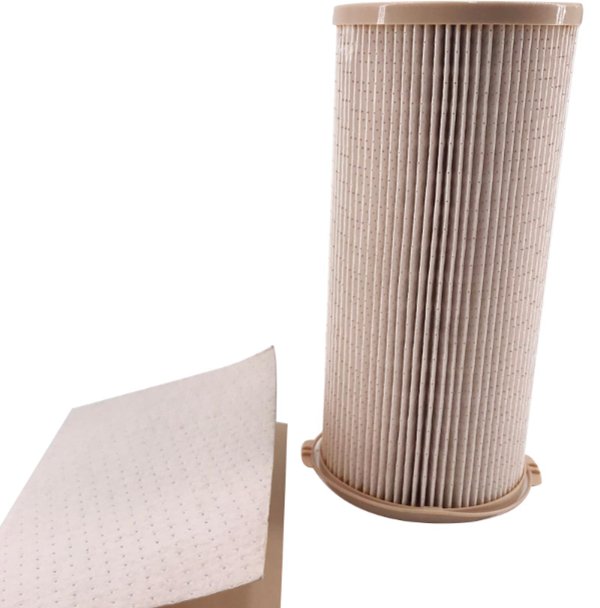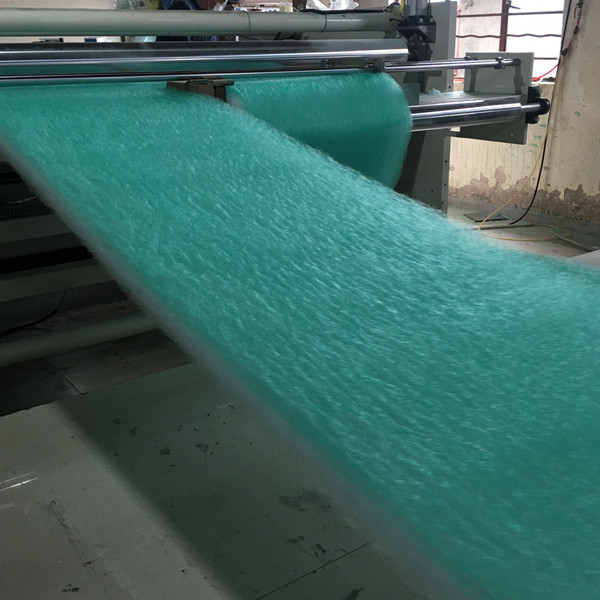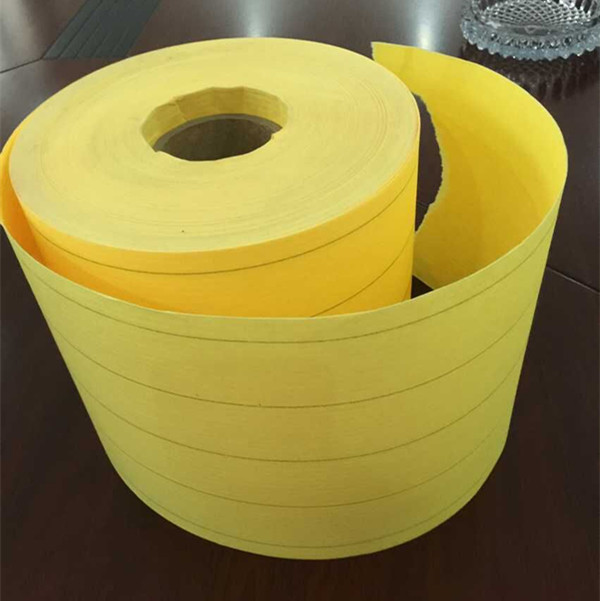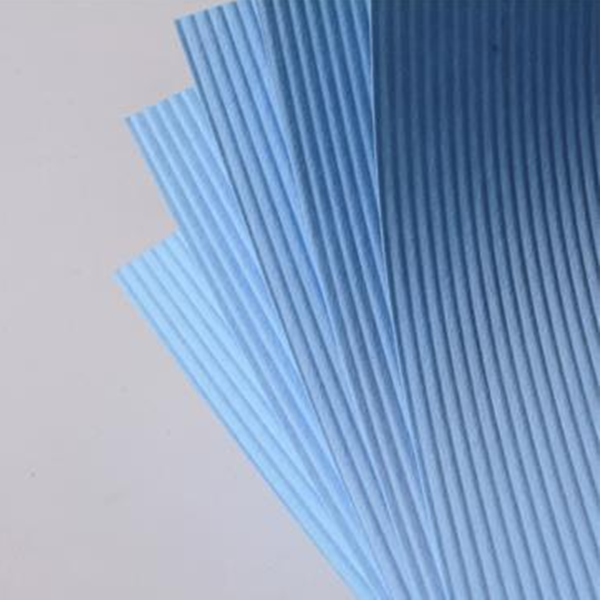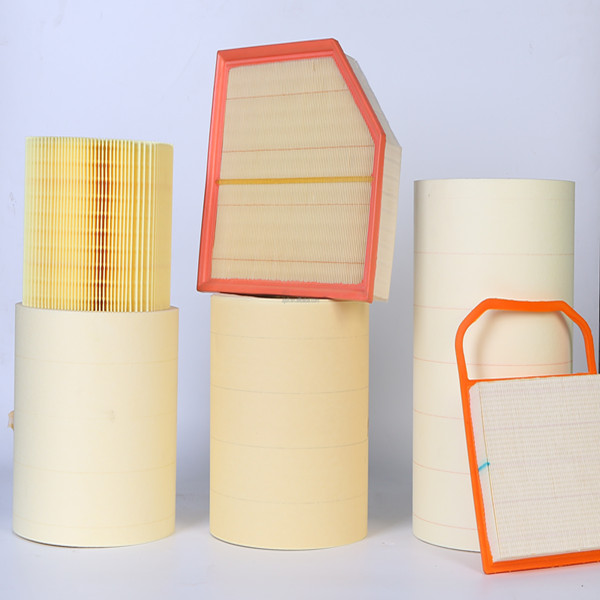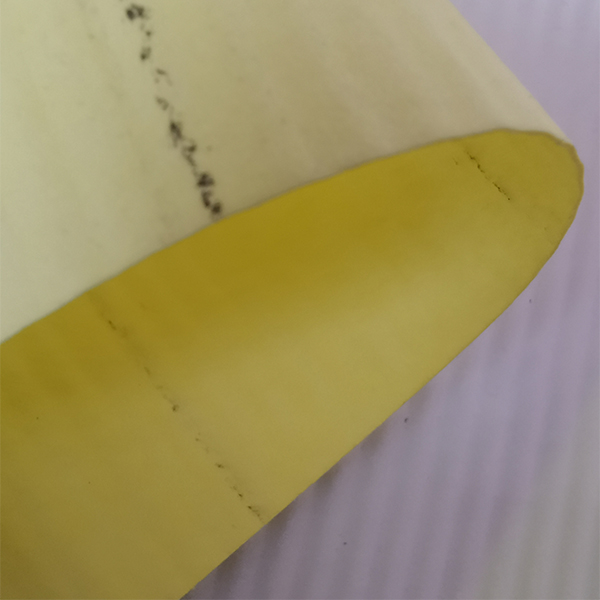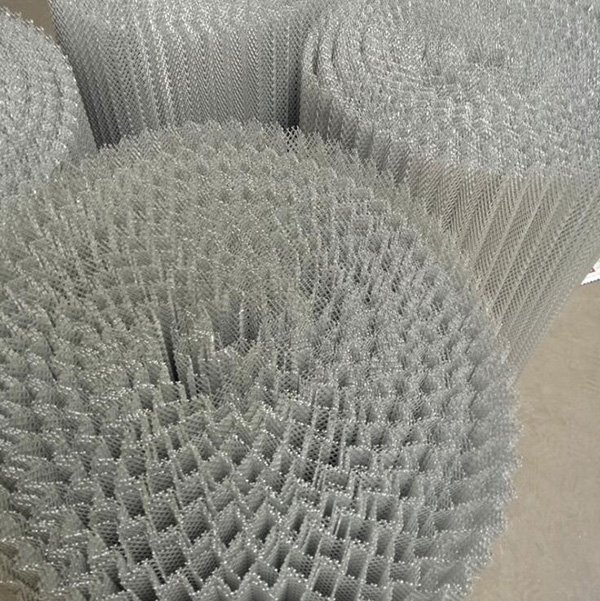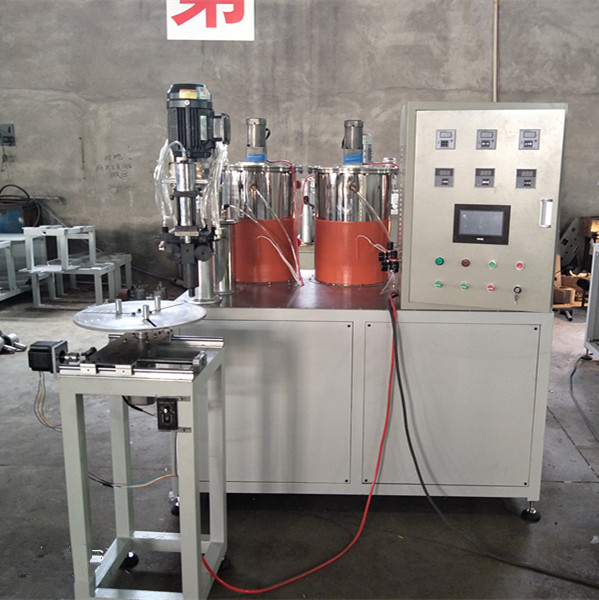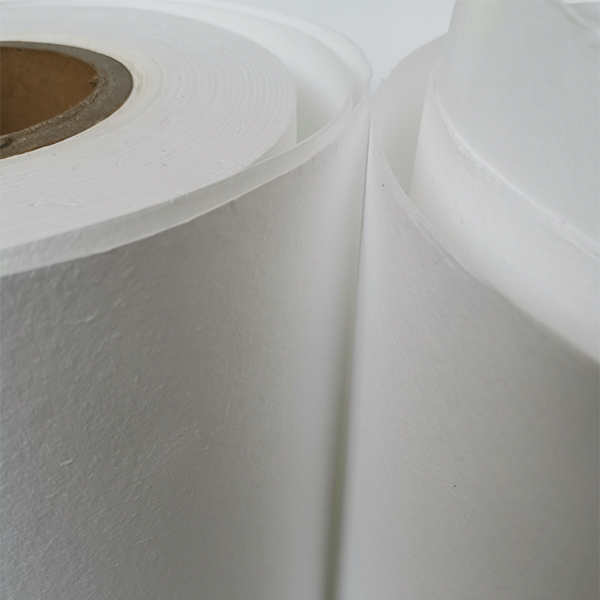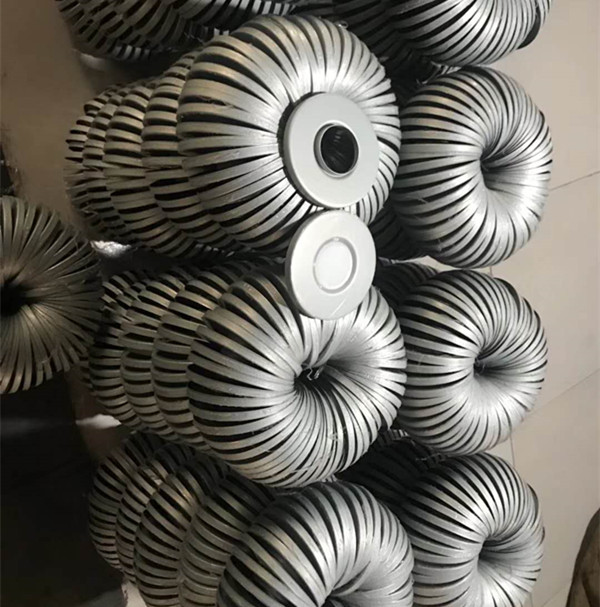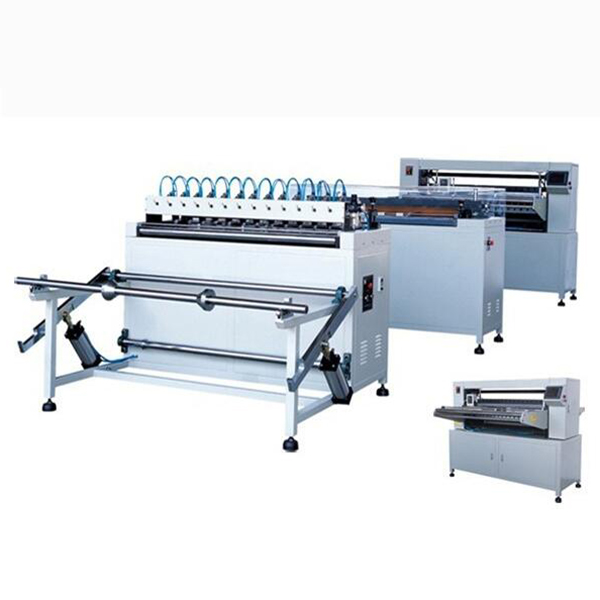- Understanding the Role of Resin Paper Filters in Industrial Filtration
- Technical Advantages: Why Resin Filter Paper Outperforms Alternatives
- Manufacturer Comparison: Key Metrics and Performance Data
- Custom Solutions for Oil Filter Machines and Specialty Applications
- Case Studies: Real-World Efficiency Gains with Resin-Based Filters
- Data-Driven Insights: Quantifying Long-Term Cost Savings
- Future-Proofing Filtration Systems with Advanced Resin Paper Technology

(resin paper filter)
Understanding the Role of Resin Paper Filters in Industrial Filtration
Resin paper filters have emerged as a critical component in oil filtration systems, particularly for heavy-duty machinery. These filters combine cellulose fibers with synthetic resins to create a robust matrix capable of trapping contaminants as small as 5 microns. Unlike standard filter papers, resin-infused variants maintain structural integrity under extreme pressures (up to 150 psi) and temperatures exceeding 200°F, making them indispensable for industries like automotive manufacturing, food processing, and hydraulic systems.
Technical Advantages: Why Resin Filter Paper Outperforms Alternatives
The molecular bonding between resins and cellulose fibers enables 30% higher contaminant retention compared to traditional materials. Resin filter papers demonstrate:
- Enhanced pore uniformity (±2% deviation)
- pH resistance from 3 to 12
- 35% faster flow rates without compromising filtration quality
Independent lab tests show a 92.4% efficiency rating after 500 operational hours, outperforming ceramic and metal mesh alternatives by 18-22%.
Manufacturer Comparison: Key Metrics and Performance Data
| Vendor | Filtration Efficiency | Max Pressure | Thermal Limit | Cost per m² |
|---|---|---|---|---|
| FilterTech Pro | 94% | 160 psi | 220°F | $18.50 |
| PureFlow Industries | 89% | 140 psi | 190°F | $14.20 |
| GlobalFiltrex | 91% | 155 psi | 210°F | $16.80 |
Custom Solutions for Oil Filter Machines and Specialty Applications
Leading suppliers now offer tailored resin filter papers with:
- Adjustable porosity (10-50 µm)
- FDA-compliant grades for food-grade oil filtration
- Anti-static treatments for explosive environments
A recent project for a turbine manufacturer required filters with 0.03% moisture absorption – achieved through nano-resin impregnation.
Case Studies: Real-World Efficiency Gains with Resin-Based Filters
A European automotive plant reported:
- 42% reduction in hydraulic system failures
- 17% extension of lubricant life cycles
- ROI of $2.8M over 3 years
In food processing, resin filter papers enabled a 90% reduction in microplastic contamination, meeting new EU safety standards.
Data-Driven Insights: Quantifying Long-Term Cost Savings
Lifecycle analysis reveals:
- $0.023 per liter filtered (vs. $0.041 for ceramic filters)
- 18-month average service life in 24/7 operations
- 85% recyclability rate through thermal resin recovery
Future-Proofing Filtration Systems with Advanced Resin Paper Technology
As industrial demands intensify, resin paper filter
s are evolving with graphene-enhanced layers and IoT-enabled smart monitoring. Manufacturers investing in these solutions report 40% fewer unplanned downtimes and compliance with ISO 16889:2023 standards. The integration of biodegradable resins (projected 25% market adoption by 2026) further positions resin filter paper as the sustainable choice for oil filtration systems.
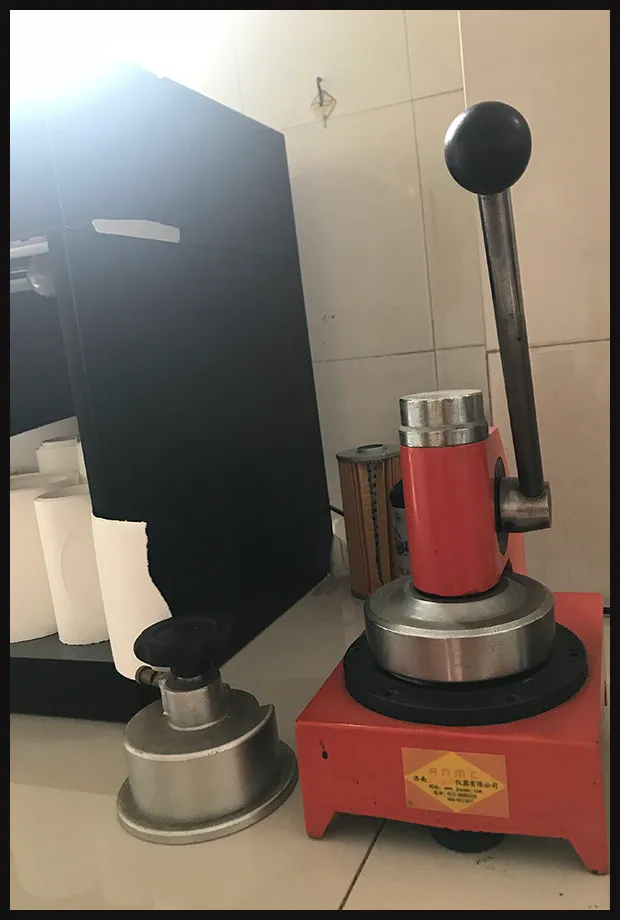
(resin paper filter)
FAQS on resin paper filter
Q: What is a resin paper filter used for?
A: A resin paper filter is designed to remove impurities from liquids, such as oils, using a resin-infused paper medium. It ensures efficient filtration in industrial or food-processing applications.
Q: How does resin filter paper differ from regular filter paper?
A: Resin filter paper is chemically treated with resins to enhance durability and resistance to high temperatures or harsh chemicals. Regular filter paper lacks this specialized treatment.
Q: Can resin paper filters be used in oil filter machines?
A: Yes, resin paper filters are ideal for oil filter machines due to their high absorption capacity and chemical stability. They effectively trap contaminants in oil refining or cooking processes.
Q: What factors determine the lifespan of a resin paper filter?
A: Lifespan depends on usage frequency, contaminant levels, and operating conditions. Resin-treated paper typically lasts longer than untreated variants under similar conditions.
Q: How do I maintain a filter paper for an oil filter machine?
A: Regularly inspect for clogs or tears and replace the resin paper filter when flow efficiency drops. Avoid exposing it to incompatible chemicals to prolong its effectiveness.
Post time: May-19-2025


